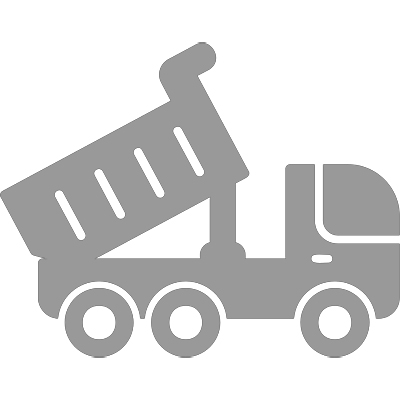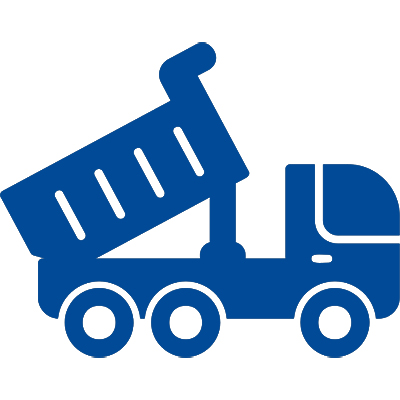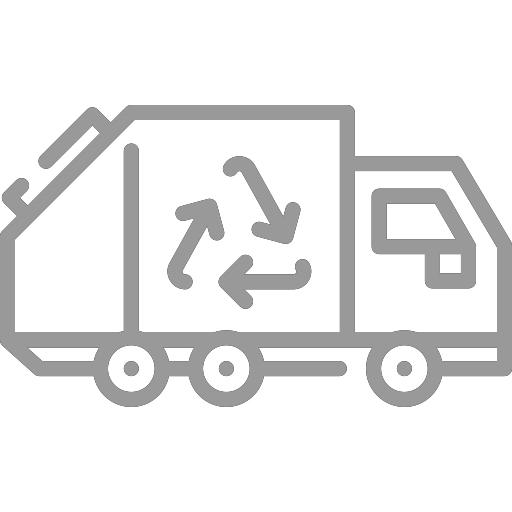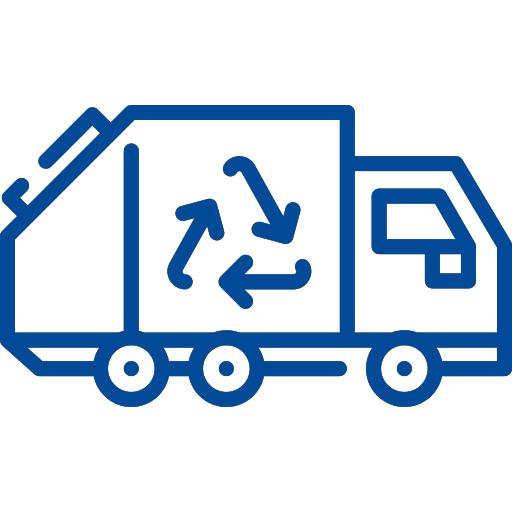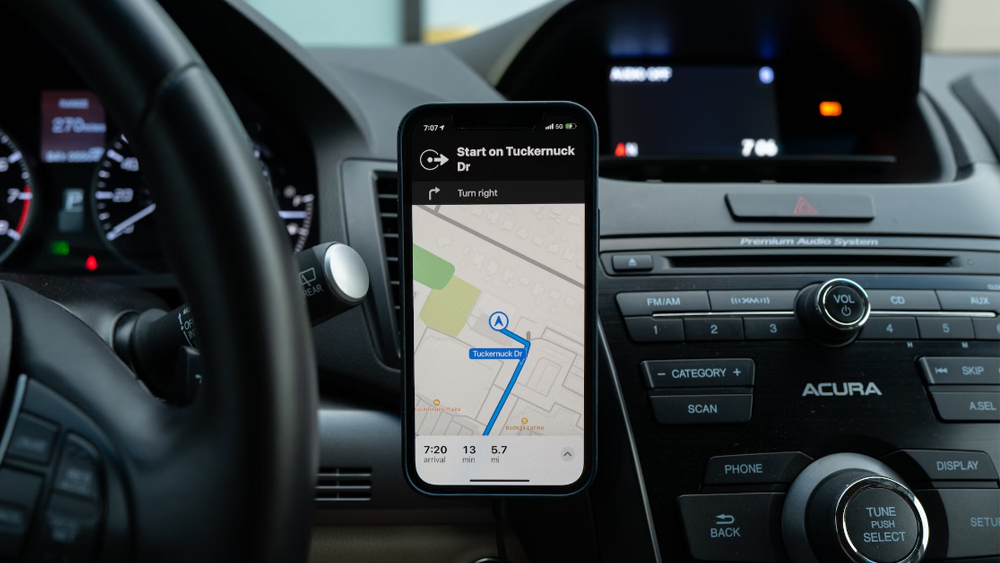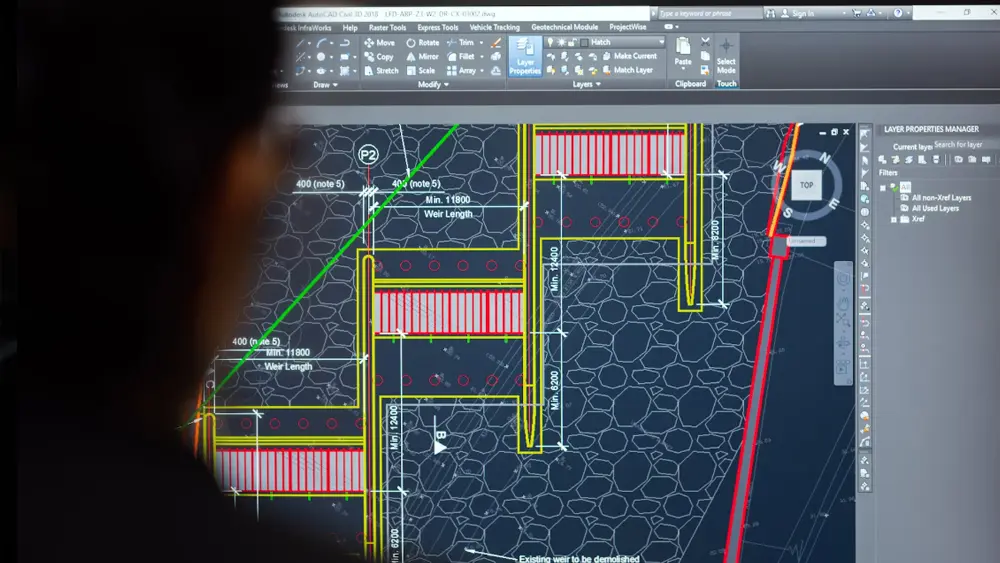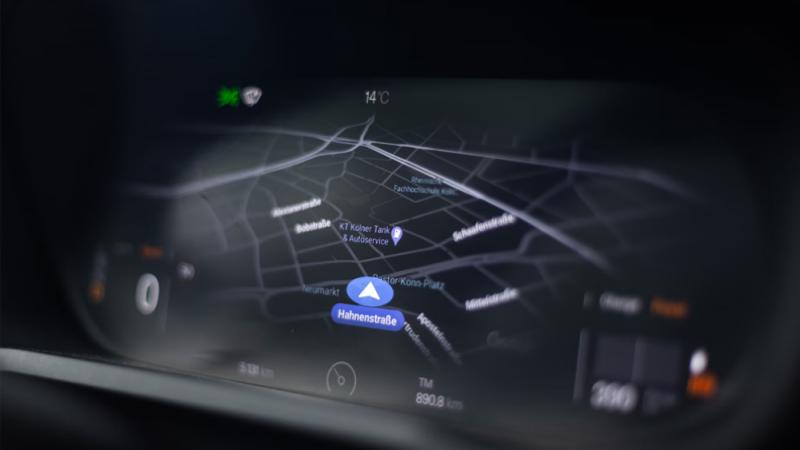Truck GPS Monitoring System
Truck GPS Monitoring System
With the rapid development of the logistics and transportation industries, trucks have become a crucial part of business operations. However, managing and monitoring trucks remains one of the biggest challenges for companies. By installing a vehicle monitoring system, businesses can not only improve fleet management efficiency but also reduce costs and ensure the safety of both vehicles and cargo. This article will explore the advantages of a truck monitoring system and how it helps companies achieve comprehensive vehicle management.

What is a Truck Monitoring System?
A truck monitoring system is a comprehensive solution that integrates both hardware and software, typically including GPS tracking, dashcams, interior and exterior cameras, and a backend data analysis platform. These features enable real-time monitoring of vehicle routes, speed, location, in-cabin conditions, and even driver behavior.
Five Key Advantages of a Truck Monitoring System
1. Accurate Vehicle Location Tracking
With GPS tracking, managers can monitor vehicle locations and routes in real time through a backend platform, ensuring that each truck operates as planned and preventing unauthorized detours or prolonged stops.
- Application Scenario: When transporting valuable goods, managers can ensure timely deliveries and prevent route deviations.
2. Enhanced Driver Behavior Monitoring
Dashcams and cameras record driving behavior, allowing managers to analyze whether drivers engage in risky actions such as fatigue driving, speeding, or reckless maneuvers, thereby reducing accident risks.
- Practical Benefit: By monitoring driver behavior, companies can proactively enhance driving safety and improve fleet security.
3. Optimized Route Planning
The system records daily driving routes and generates reports, enabling managers to analyze data and determine the most time- and fuel-efficient paths.
- Real-World Example: A logistics company optimized its routes using monitoring data, resulting in a 15% reduction in monthly fuel costs.
4. Improved Cargo and Vehicle Security
Interior and exterior cameras continuously record cargo loading/unloading processes and surrounding environments, preventing theft and vehicle damage. Additionally, the system alerts managers to any anomalies in real time.
- Benefit: Businesses can build customer trust and enhance service quality.
5. Reduced Management Costs
Automated monitoring minimizes reliance on manual inspections while predictive maintenance alerts help prevent breakdowns and downtime.
- Direct Impact: Improved vehicle efficiency and lower maintenance costs.
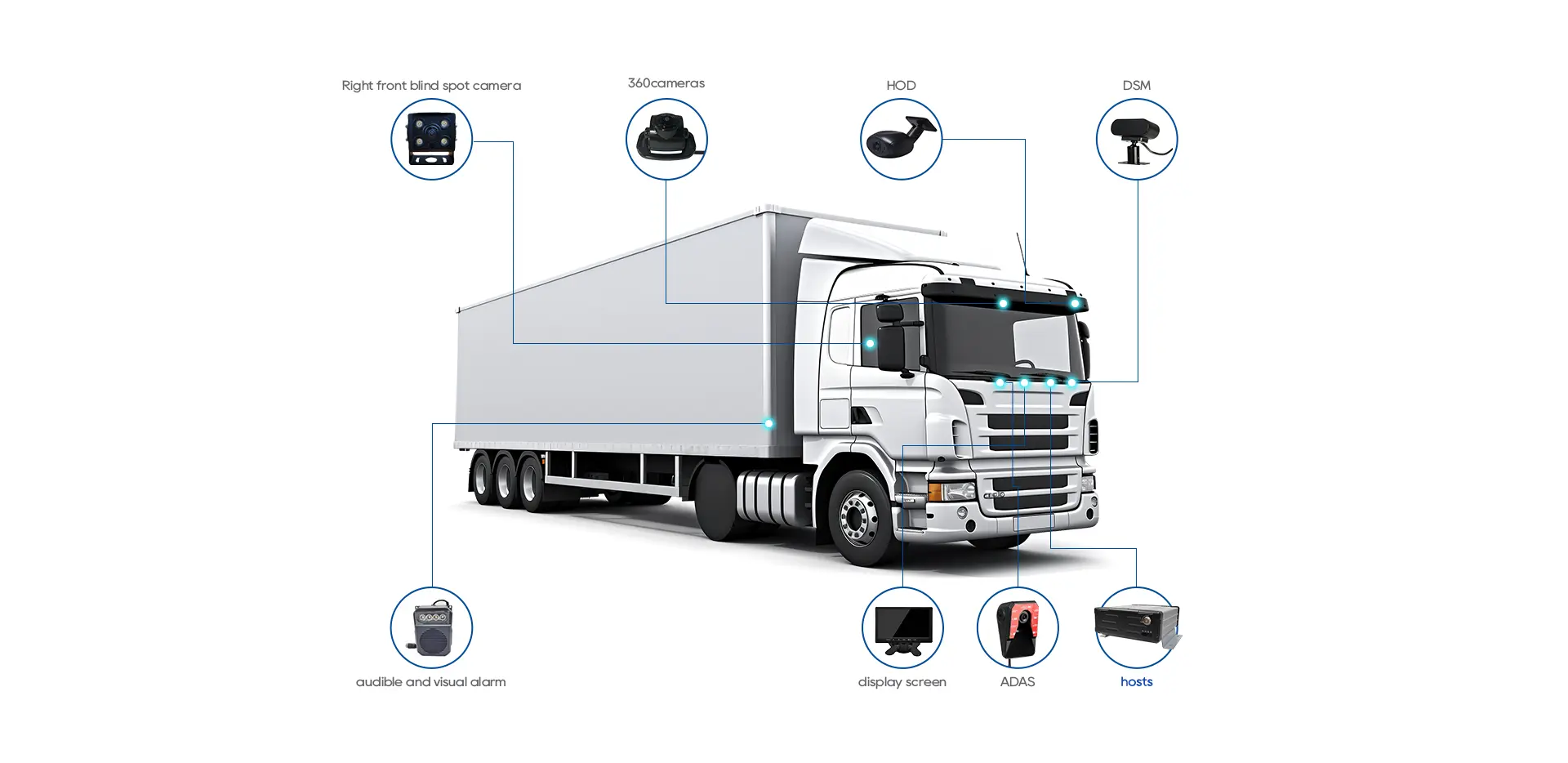
How Can Businesses Monitor Daily Vehicle Operations and Routes?
1. Real-Time Data Recording and Uploading
The truck monitoring system records vehicle data, including daily mileage, fuel consumption, and stop times, uploading the information to a cloud-based backend platform for easy access.
- Practical Function: Managers can track fleet operations without needing to check with drivers individually.
2. Automated Route Analysis Reports
The system generates detailed reports based on GPS data, analyzing the most time-saving routes and identifying frequent traffic congestion points to continuously optimize transportation efficiency.
- Value: Reduces time lost due to inefficient routing and enhances logistics performance.
3. Real-Time Alerts for Abnormal Situations
If the system detects route deviations, excessive stops, or unusual speeds, it immediately sends alerts to managers, enabling quick responses.
- Case Study: A freight company successfully prevented a cargo theft incident by responding to a real-time route deviation alert.
The Value of a Truck Monitoring System for Businesses
1. Efficiency Improvement: Real-time data and automation simplify fleet management.
2. Cost Control: Optimized fuel consumption, reduced labor costs, and lower accident-related expenses.
3. Safety Assurance: Minimized accident risks, ensuring vehicle and cargo security.
4. Customer Satisfaction: Ensures timely deliveries and boosts customer trust.
A truck monitoring system has become an essential tool in modern fleet management. It not only helps businesses track vehicle movements with precision but also optimizes operations, reduces costs, and enhances overall efficiency. If your company has not yet implemented such a system, now is the perfect time to leverage technology for smarter fleet management!















